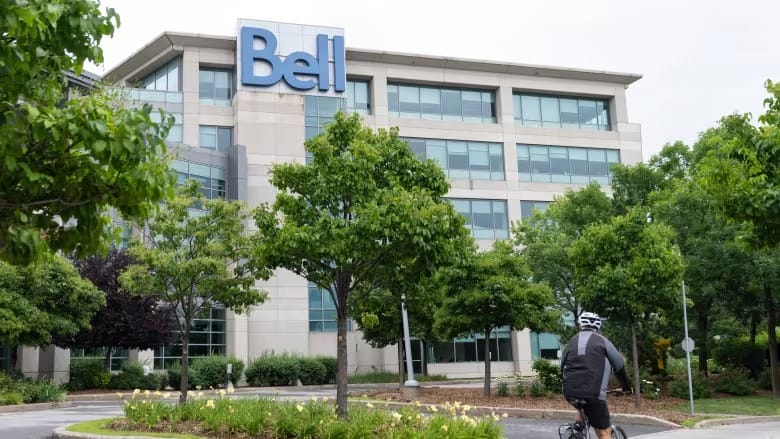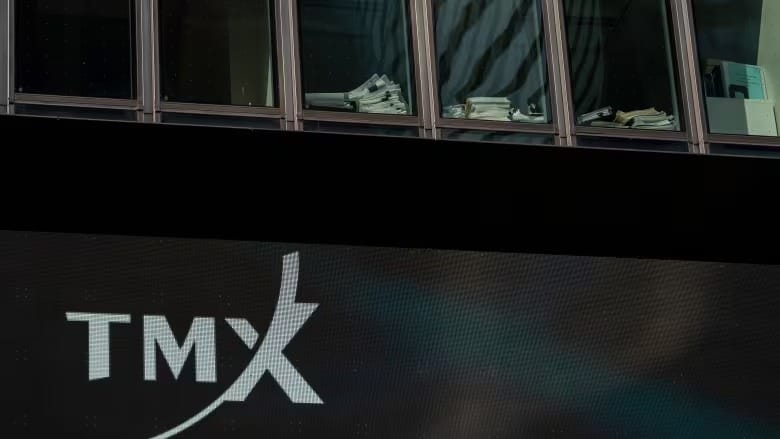BCE to buy U.S. internet provider Ziply for $5B, in part with funds from MLSE sale
The move comes after the company sold its stake in Maple Leaf Sports & Entertainment earlier this fall

BCE has reached an agreement to acquire U.S. fiber internet provider Ziply Fiber for approximately $5 billion in cash. This move follows the recent sale of BCE's stake in Maple Leaf Sports & Entertainment (MLSE), which was finalized earlier this fall.
To fund the purchase, BCE plans to use around $4.2 billion from the net proceeds of the sale of its 37.5% stake in MLSE. BCE sold the stake to Rogers Communications for $4.7 billion in September, with the transaction set to close by mid-2025.
The acquisition of Ziply Fiber will expand BCE's fiber network into the U.S., adding about 1.3 million fiber locations to its reach. "We're trading our stake in a sports asset and reallocating capital into a fiber asset with significant growth opportunity, which is straight down the middle of our wheelhouse," stated Curtis Millen, BCE's chief financial officer.
In addition to the purchase price, BCE will assume about $2 billion in net debt as part of the deal. The acquisition is expected to close in the second half of 2025, pending regulatory approvals and other customary conditions.
Mirko Bibic, BCE's CEO, described the U.S. as a "natural expansion market" and said the deal solidifies Bell's position as the third-largest fiber network and internet service provider in North America. He added, "The acquisition represents a highly attractive U.S. market entry point for BCE, and it's one that's well aligned with our fiber-first strategy and core competencies."
Based in Kirkland, Washington, Ziply Fiber provides fiber internet services in the U.S. Pacific Northwest, including Washington, Oregon, Idaho, and Montana. Harold Zeitz, CEO of Ziply Fiber, said the acquisition will enhance their growth strategy, adding the scale and experience of one of North America's leading fiber operators.
Once the deal is finalized, Ziply Fiber will continue to operate as a separate business unit, retaining its headquarters in Kirkland.
Market Reaction
BCE's stock price dropped significantly after the announcement of the deal, closing at $40.47—down $4.34, or approximately 9.7%.
Scotiabank analyst Maher Yaghi expressed confusion over the decision, noting that the costs for acquiring customers and capital expenses are high for fiber operators in the U.S. "Investors in Canadian telecom are in the sector for dividends, not for growth; they can seek growth elsewhere," Yaghi remarked. He compared BCE's move to Verizon's recent $20 billion U.S. acquisition of Frontier Communications, which added 2.2 million fiber subscribers and expanded Verizon's network to 25 million premises. "We understand the rationale behind Verizon's acquisition of Frontier given the wireless overlap, but we’re having difficulty seeing the same synergy with BCE’s deal at this time," Yaghi added.
Desjardins analyst Jerome Dubreuil acknowledged that the transaction involves "what appears to be a high-quality asset" and that BCE's motivation may be to drive long-term telecom growth. However, he noted that the move may signal a "negative outlook" for Canadian telecom prospects, as BCE, along with Rogers and Telus, has been directing a significant portion of its recent investments outside of the sector.
BCE has already indicated a reduction in its investment in Canada's fiber network. The company announced last year it would cut its fiber network spending by $1.1 billion for 2024 and 2025, citing the CRTC's directive that requires large telecom companies to offer competitors access to their fiber networks for a fee. BCE has argued that this regulatory change has diminished the business case for continued investment in its domestic network.





